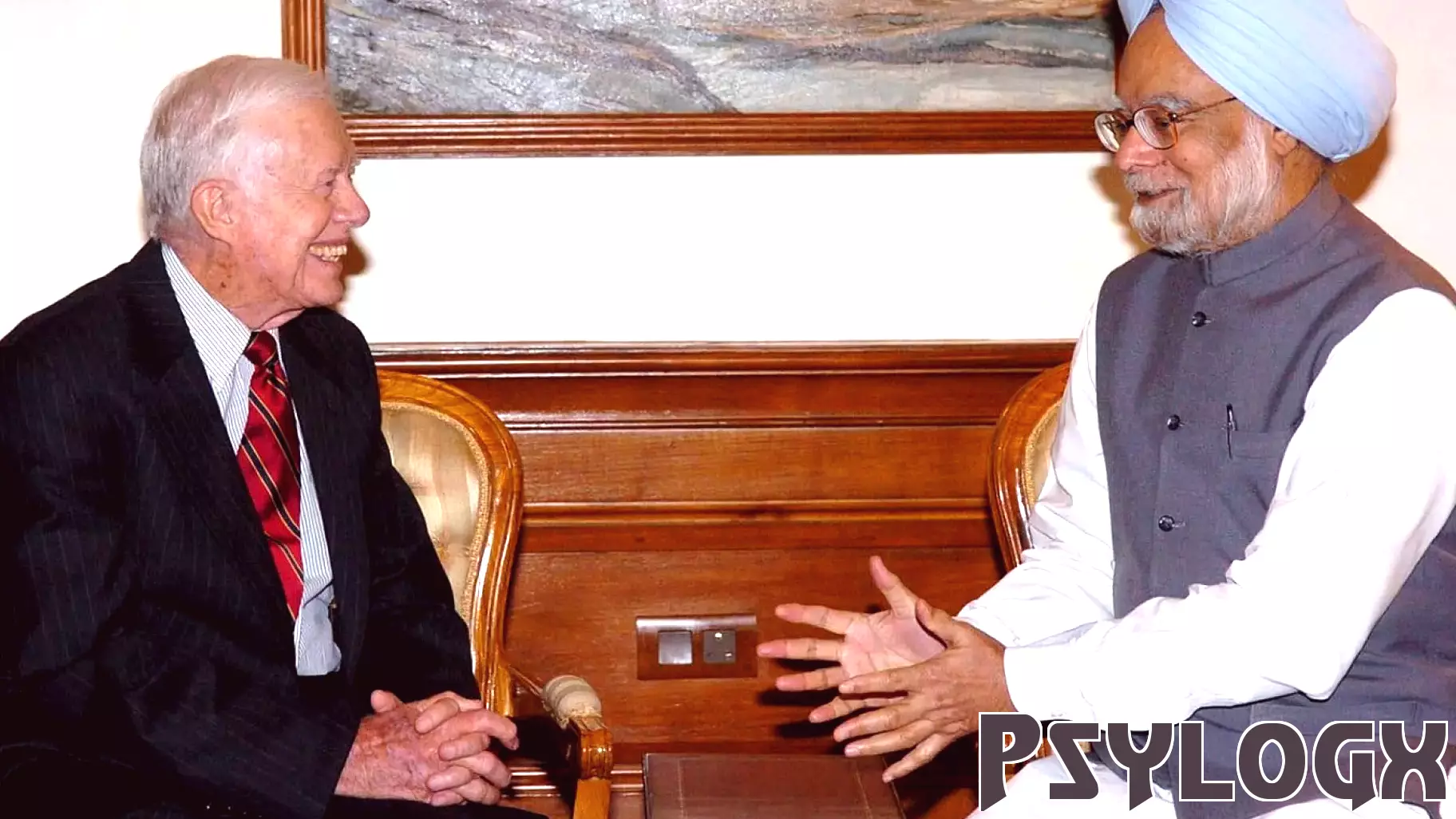January 1, 2025 - 08:19

In an era marked by political polarization and economic challenges, the leadership styles of Jimmy Carter and Manmohan Singh stand out as exemplary models of humanistic liberalism. Both leaders, though from different backgrounds and political contexts, emphasized compassion, integrity, and social justice throughout their tenures.
Jimmy Carter, the 39th President of the United States, is renowned for his commitment to human rights and humanitarian efforts. Post-presidency, he has continued to advocate for global peace, democracy, and health initiatives, reflecting a deep-rooted belief in the dignity of every individual. His focus on moral leadership has inspired countless activists and leaders worldwide.
On the other hand, Manmohan Singh, as the Prime Minister of India, played a pivotal role in transforming the country's economy through liberalization while maintaining a strong commitment to social welfare. His vision for inclusive growth aimed to uplift the marginalized and empower the underprivileged. Singh's pragmatic approach combined economic reforms with a focus on education and healthcare, showcasing how economic policies can align with humanitarian goals.
Together, Carter and Singh exemplify how authentic leadership can bridge the gap between governance and humanity, reminding us that at the core of effective leadership lies a profound commitment to the well-being of people. Their legacies continue to inspire a generation of leaders to prioritize humanistic values in their political endeavors.



